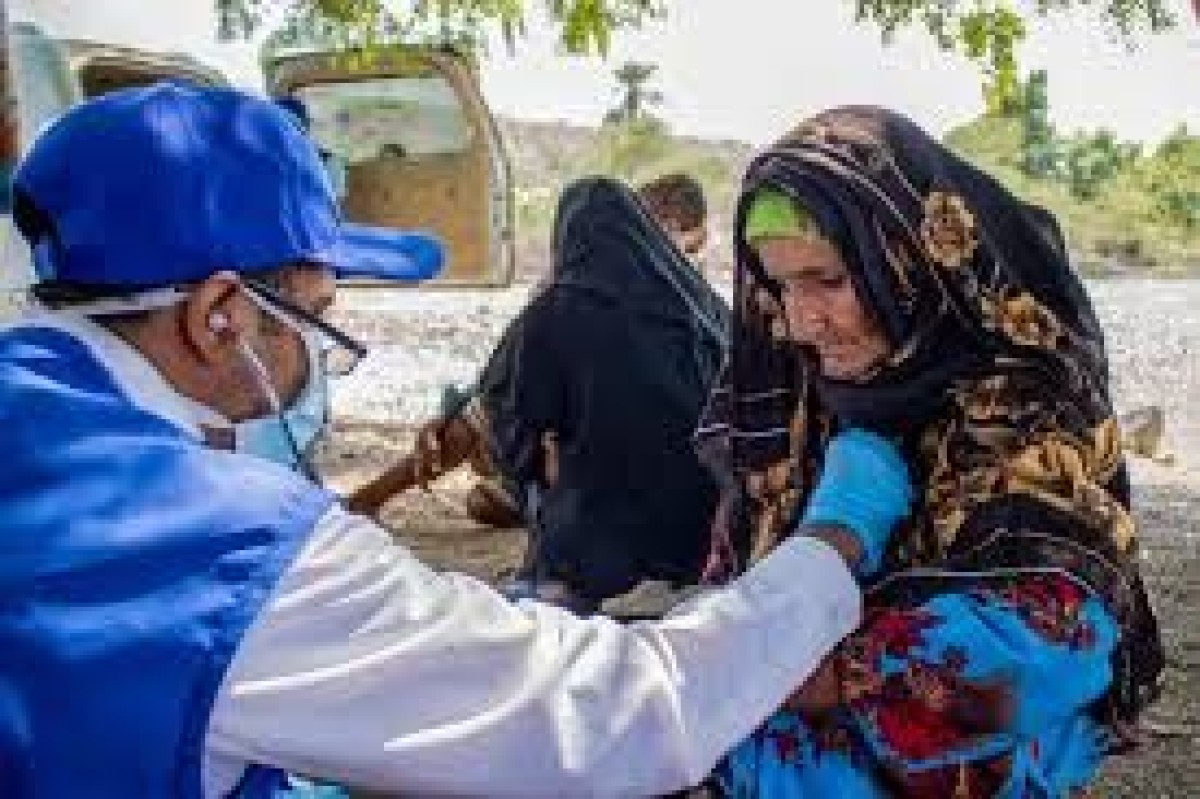International immigration continues to support health facilities in Yemen amid a suffocating health crisis


In light of a worsening health crisis and a severe shortage of medicines, cadres and medical supplies, the International Organization for Migration, with the support of the British Foreign Ministry, continues to provide emergency assistance to seven health facilities in the governorates of Aden, Lahj, Shabwa, Al -Bayda and Sana'a, with the aim of ensuring the continued provision of health care to the most affected and weak groups in the country.
Abdel Sattar Esif, head of the organization’s mission in Yemen, stressed that the field teams of the organization are witnessing daily repercussions of drugs and overcrowding, which directly affects families and societies. He added: "By providing basic supplies and supporting medical cadres, we do not only meet urgent needs, but we also contribute to the continued provision of care services for those who do not find another alternative."
These efforts come at a time when the health sector suffers from almost complete paralysis, as it is estimated that less than 40% of health facilities are still working, while about 20 million Yemenis face an increasing need for medical services, in light of the continuous economic and security deterioration.
The decline in funding recently led to support for 382 health facilities in various parts of the country, forcing many of them to reduce its services or complete closure, and caused deprivation of millions of the most basic forms of care, especially in remote and affected areas of the conflict.
The aid provided by the organization included health centers in Aden, Lahj, Shabwa, Sana'a and Al -Bayda, including the response center for migrants in Aden and Sana'a, the Al -Basateen Health Center, Ras Al -Ara Hospital, Radaa Hospital, Habban Hospital, and the Hora Health Unit. This facilities combined serve about 295 patients per day.
Before this intervention, some clinics were suffering from a severe deficiency that stopped receiving patients, while others suffered from a severe shortage of cadres and repeated electrical interruptions, which affected the provision of services.
The crisis worsened with the increasing movement of displacement and the arrival of migrants, as more than 37,000 immigrants arrived since 2025, many of whom were in critical health cases due to drought, malnutrition and chronic diseases. In addition to the Yemeni displaced people, they face great challenges in reaching treatment, most notably poverty, the absence of documents and social stigma.
The facilities backed by the International Organization for Migration are the only haven for thousands of people who depend on it to obtain free care, including the treatment of preventable diseases, pregnant care, and emergency surgical interventions. However, these facilities face increasing pressure in light of the scarcity of resources.
The organization’s efforts also include supporting daily operations through incentives for cadres, light maintenance work, infrastructure updates, as well as enhancing and combating infection prevention procedures by installing hand washing stations, providing hygiene supplies, and organizing exercises to reduce the spread of diseases.
It is expected that the medical supplies will cover the needs of the targeted health facilities for a period ranging from three to four months, as part of a broader plan aimed at enhancing the health system's ability to withstand, despite the continued lack of financing and the high volume of needs